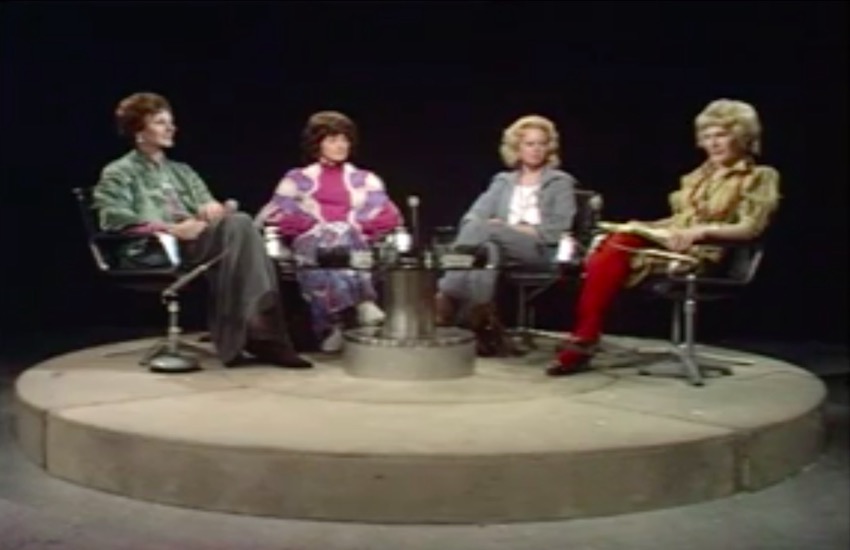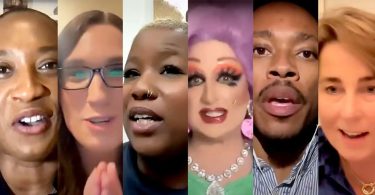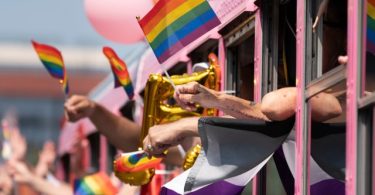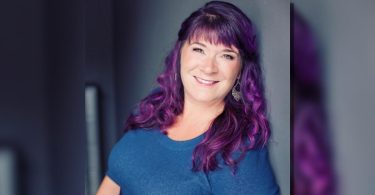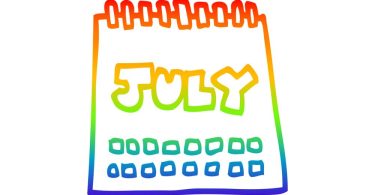Four transgender women discussing their lives on BBC’s Open Door in 1973
A group of transgender women discussed their lives and struggles on the BBC in 1973.
Background
David Attenborough fought to put transgender women on television 45 years ago.
Attenborough was made BBC Director of Programs in 1969. In a confidential memo, Attenborough allegedly urged the BBC to hand over airwaves to marginalized groups, including trans people.
Inspired by American public access channels, Attenborough thought bringing similar programming to the UK would allow for diversity on television. At the time, the medium was thought to be run entirely by the ‘university-educated elite.’
In the confidential memo, dated 7 December 1972, the broadcaster stated this new form of television would not be ‘made exclusively for the lunatic fringe.’
Open Door and the Transsex Liberation Group
But in 1973, BBC2 accepted Attenborough’s proposal and launched Open Door, a late night experimental television program. One episode of Open Door, titled Transsex Liberation Group, has been made available online by the BBC.
‘Jokes about “the operation” are all that most people know about transexualism. Tonight’s group discuss their situation in a more serious and comprehensive way, and draw attention to the many difficulties they endure,’ the description of the episode read.
The group of four trans women (the program did not include any trans men) discussed their day-to-day experiences. Some topics included workplace discrimination and their transition-related journeys.
One of the women, Rachel, spoke about the bathroom struggles trans people face, which is still an issue to this day.
‘If you go to the toilet, people turn immediately to see which one you are going to use,’ she said. ‘Things like this can get rather embarrassing at times.’
Workplace discrimination was another issue the women discussed.
‘When it gets to getting a job, that’s the hard part, because you are exploited,’ one of the women, Jen, stated.
‘If you are lucky enough to find an employer that will employ you, he knows that you are sort of under this thumb. Therefore he is not going to offer you as much money as he would the girl next door, for instance, and that’s where I think it is so unfair.’
Old material for a new audience
This archived material was rediscovered as part of the ‘Connected Histories of the BBC’ project. The project is run by the University of Sussex.
‘There’s a real thrill in piecing together the behind-the-scenes story of Open Door’s launch in 1973, not least because even now the programme feels so revolutionary in conception,’ said David Hendy. Hendy is the curator of the collection and a Professor of Media and Cultural History at the University of Sussex.
‘When we pull together the different evidence – the written memos, oral history interviews, and the programme archive – the picture we get is quite stunning.’
‘Here we have the BBC effectively abandoning its traditional concern with “balance” and handing over total editorial control to groups who rarely get a voice – certainly not on a national institution such as the BBC. Nothing like it had been seen on TV before.’

